
Professional and academic documents demand the principle of “Keep It Simple.” While some document styles…

I recommend writing fanfiction for people who need to work on their dialogue skills, pacing,…
Get a free sample of ProofreadingPal’s work.
Two professional proofreaders will proofread and edit your document.
Try it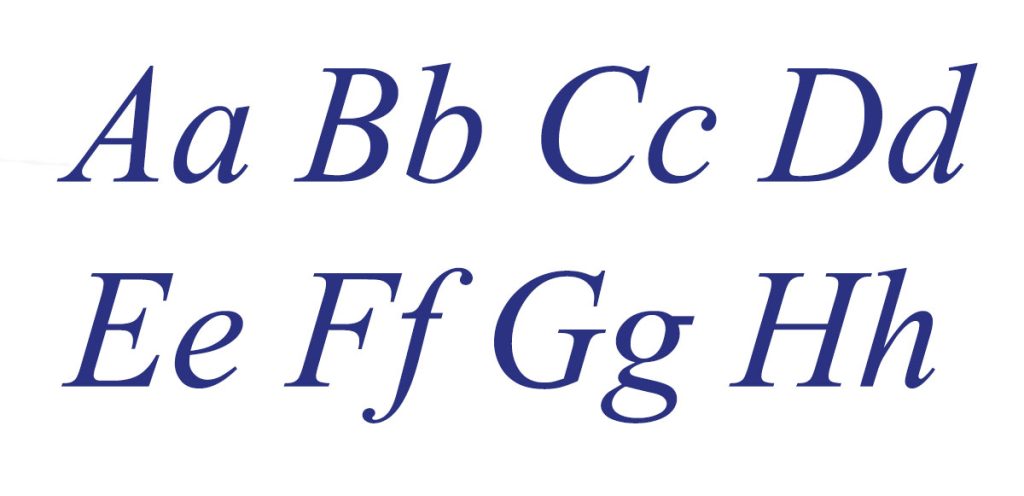
I describe some areas of confusion about capitalization I have often observed in my work…

There are word pairs, even trios, whose meanings are similar, but distinct. The shades of…
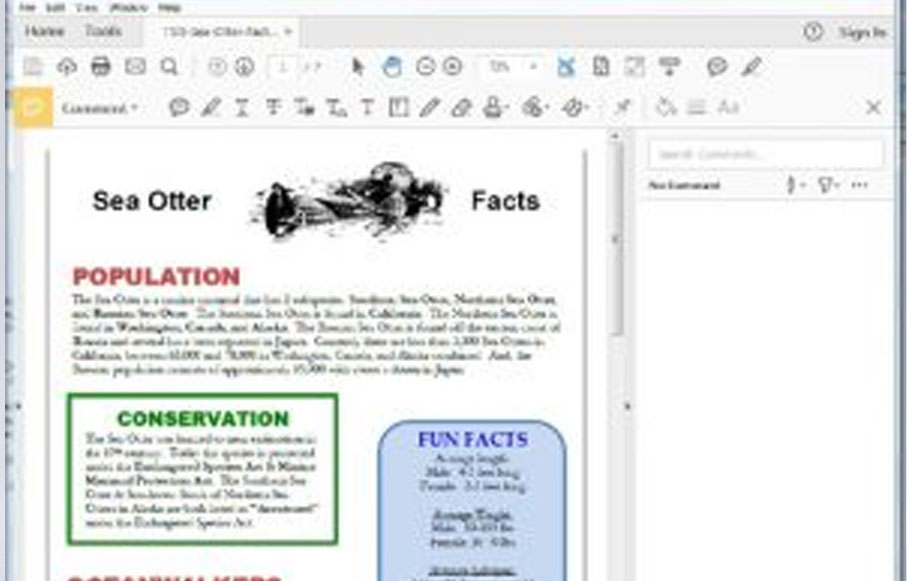
PDFs can be scary for an editor. After all, you can’t just turn on Track…

One of the hardest irregular verbs in English to use properly is “to lie,” and…

Your personal statement will help your application if it shows that you’re a well-qualified individual…

Canadian English is unique. Neither American nor wholly British, it’s a robust hybrid of British…
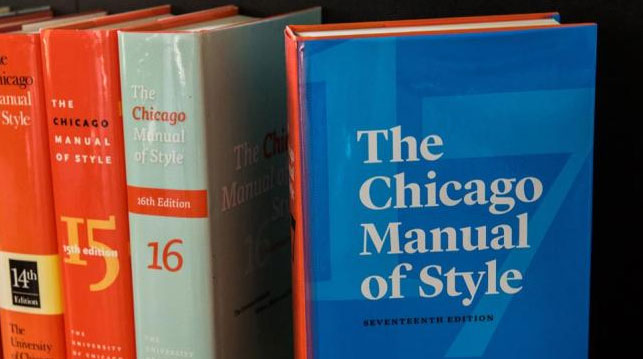
I have been noticing recently that willy-nilly use of upper- and lowercase letters is pretty…

Despite its occasional bad rap, writing fanfic is a great way to improve your writing.…

Another way to get your brain to take a fresh look at what you’ve written…

So much can be done with good comment boxes here’s an old-fashioned list of dos…
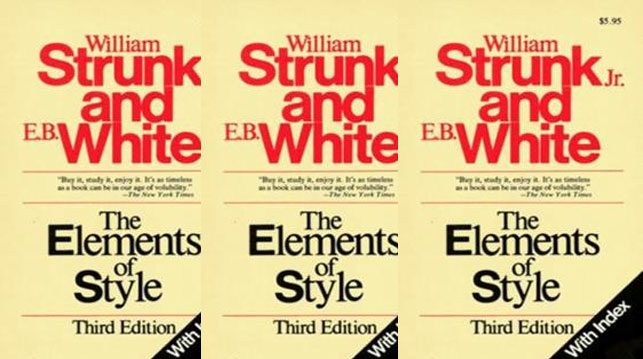
When it comes to writing well, you’d be hard-pressed to find better advice than that…

These rules do not arise organically but are handed down by self-appointed arbiters usually speaking…

Grammar is as subject to fashion as everything else. So to keep you up to…
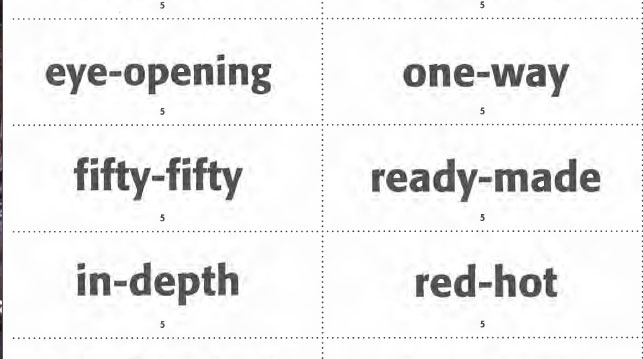
In today’s post, I look at some specific grammatical constructions and how hyphens are used…
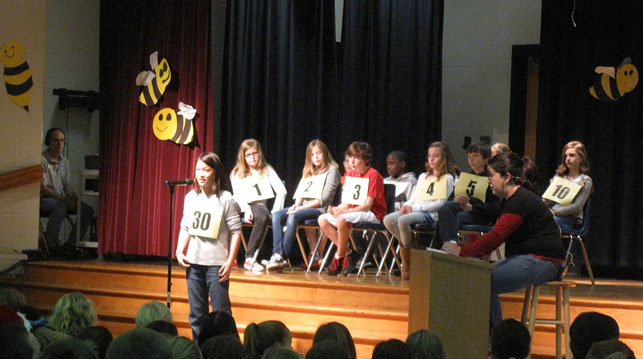
The first time I saw Office Suite’s spell check function, I just about cried with…
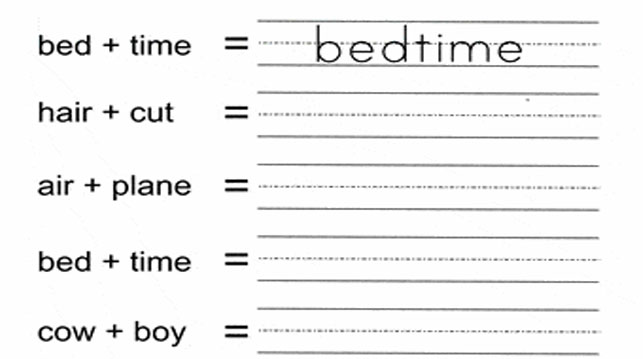
Recently I’ve gotten a little obsessed with compounds words and the hyphen, that little punctuation…

Whether you’re a writer, professional editor, or client for a professional editor, you can always…
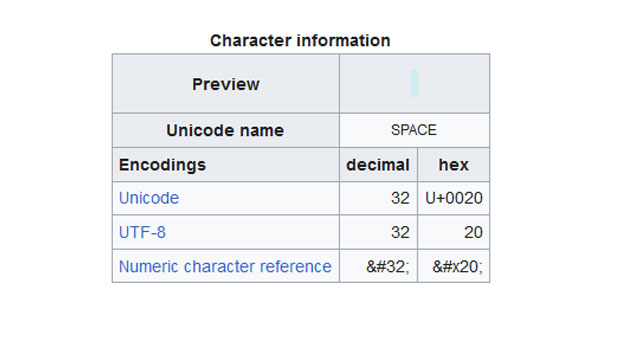
Typing two blank spaces at the end of every sentence is one such habit. Lots…
Get a free sample proofread and edit for your document.
Two professional proofreaders will proofread and edit your document.
We will get your free sample back in three to six hours!